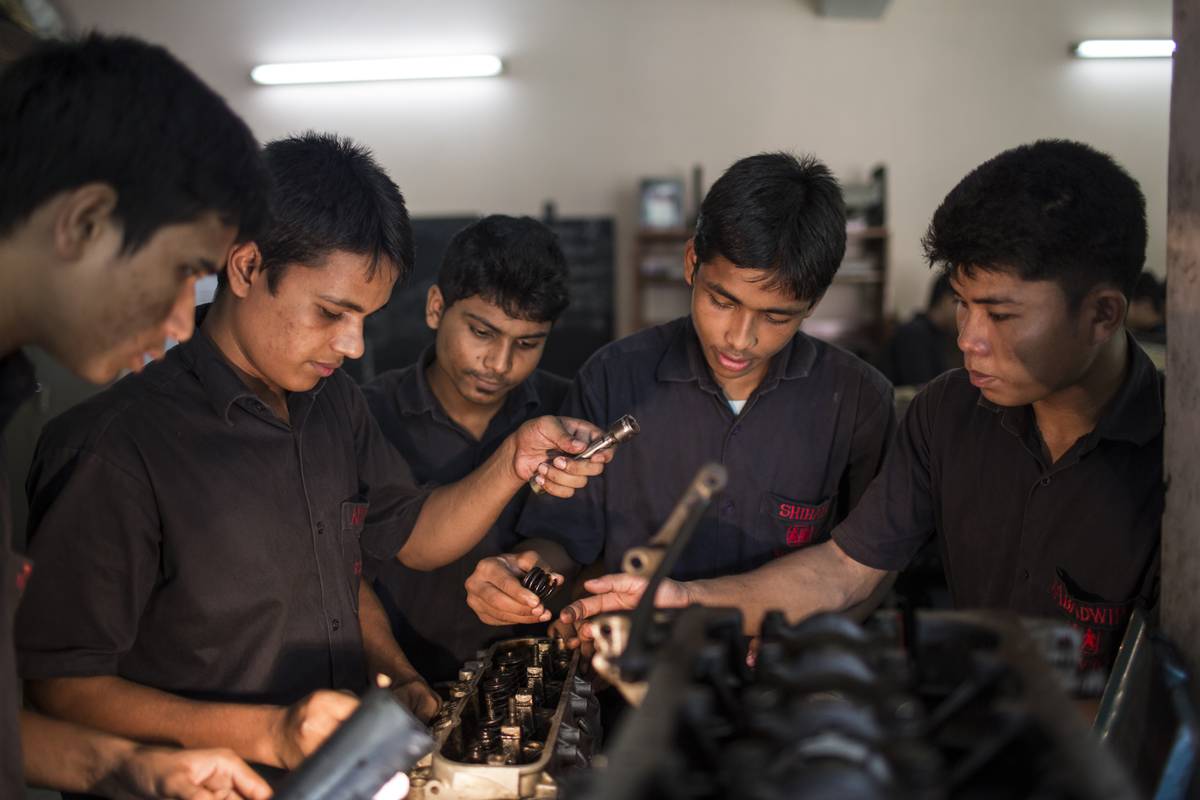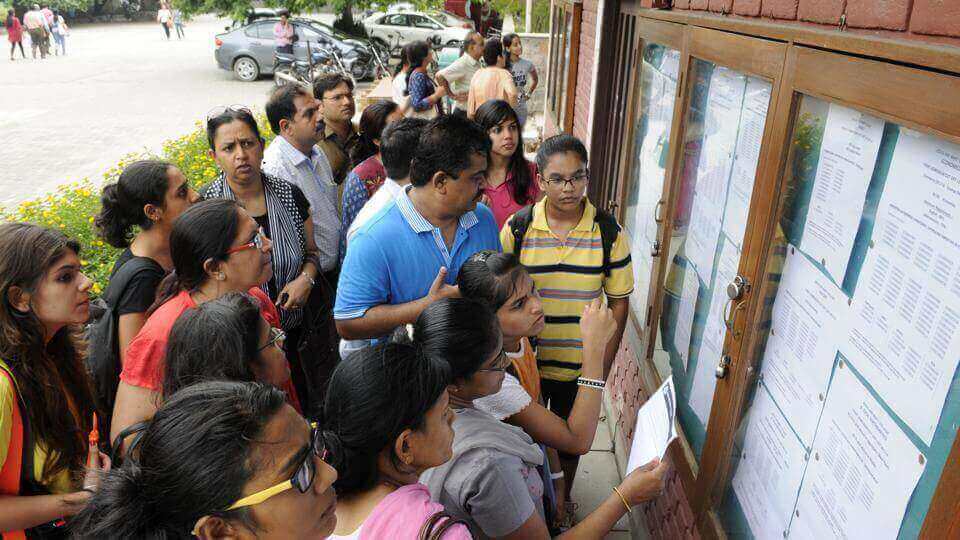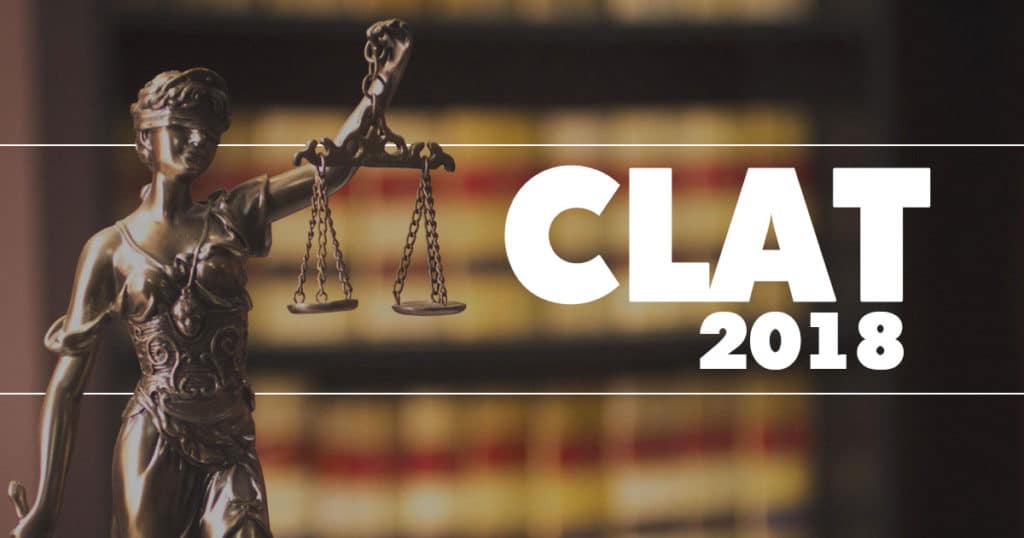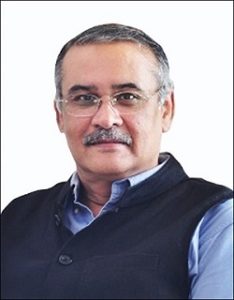Higher Education plays a vital role in overall development of a State in a planned manner. To implement it, the Government along with private players has taken various initiatives understanding the current requirements and future prospects, writes Akash Tomer of Elets News Network (ENN).
Historical Perspective
Uttar Pradesh from ancient times is one of the centres for education. From Vedic to Gupta periods, Sanskrit was the main medium for imparting education to youngsters in this region. As cultures travelled through the region, it brought knowledge from various communities such as Persian and Arabic. These formed the core of Hindu-Buddhist-Muslim education until the rise of British colonialism. The present schools-touniversity system of education was developed during the British colonial administration. Higher Education institutes and universities in Uttar Pradesh are either managed by the Central/ State Government or by private trusts.
Current Scenario
Uttar Pradesh (UP) the most populous state of India as per Census-2011, the State has 49 universities of which four are central universities, 16 are state universities and 29 are private (as per State’s Higher Education Department).
According to Ministry of Human Resource Development, Government of India, the State also has seven Institutes of National Importance. It includes the Indian Institute of Technology (IIT), Kanpur; Indian Institute of Technology (Banaras Hindu University), Varanasi; Motilal Nehru Institute of Technology, Allahabad; Indian Institute of Information Technology, Allahabad; Indian Institute of Information Technology, Lucknow; Rajiv Gandhi Institute of Petroleum Technology, Rae Bareli, and Footwear Design & Development Institute, Noida.
Uttar Pradesh being the home of some of the most prestigious educational institutes in the country attracts students from other Indian states and other countries of the world.
Alongside above mentioned institutes of higher learning and universities, there are 5,842 colleges (AISHE 2015-16) in the State, to scholars interested in different course work (undergraduate, postgraduate and research) and programme (Humanities, Arts, Science, Commerce, and others) in higher studies. Out of these colleges, 4,435 are private un-aided, 613 are private and 794 are government colleges.
Opportunities for Non-Residents and Foreign Students
Uttar Pradesh being the home of some of the most prestigious educational institutes in the country attracts students from other Indian states and countries. These students have to clear an exam for college enrollment in the State. Special foreign cells in colleges and universities of Uttar Pradesh protect the interests of the NRIs, foreigners and students of other States.
Future Prospect
Since its inception, every Government of Uttar Pradesh has invested in all sectors of education and achieved significant success in overcoming general educational backwardness and illiteracy. Recently, several initiatives have been taken by the Government to boost State’s Higher Education. Few of them are:
Ahilyabai Kanya Nishulk Shiksha Yojana: Under this scheme, the State Government has decided to provide free education to girls from class I to graduation level. The budget allocated for the education of girls up to graduation level under the scheme is around Rs 21 crore. The initiative is likely to encourage the girl education in tier II and tier III cities and in the villages of the State.
Free Wi-Fi to college and Universities: In Uttar Pradesh’s Annual Budget of 2018-19, Rs 50 crore have been allocated to enable free data services for students of universities and degree colleges across the state. It will enable students to access various course materials online and help them along with their teachers to know about the best practices, latest researches and teaching-learning practices available across the globe. The step is likely to bring a revolution in Higher Education and it will be easier for the State Government to move towards the concept of digitalisation.
Under this scheme, the State Government has decided to offer free education to girls from class I to graduation level. The budget allocates for the education of girls up to graduation level under the scheme is around Rs 21 crore.
Technical & Skill Education:
- Technical and skill education has also received a boost with 19 polytechnics being set up in the State and 17 hostels being constructed.
- In all, 33 polytechnics were provided free Wi-Fi facilities for students, as per the government’s directives.
- Virtual classrooms were set up in 19 polytechnics and 15 more polytechnics to get virtual classrooms.
- A placement cell is being set up in polytechnics with financial aid from the state government to enable diploma holders to get jobs.
With seven Institutes of National Importance, four central universities and many government and private Higher Education institutes, Uttar Pradesh has one of the best Higher Education ecosystems of India.
The Government is providing its full support to bring the system at par with the global institutions and universities. Various steps have also been taken to encourage enrolment of girls at Higher Education level. The progress is likely to help the State in continuing its legacy of imparting quality education



























